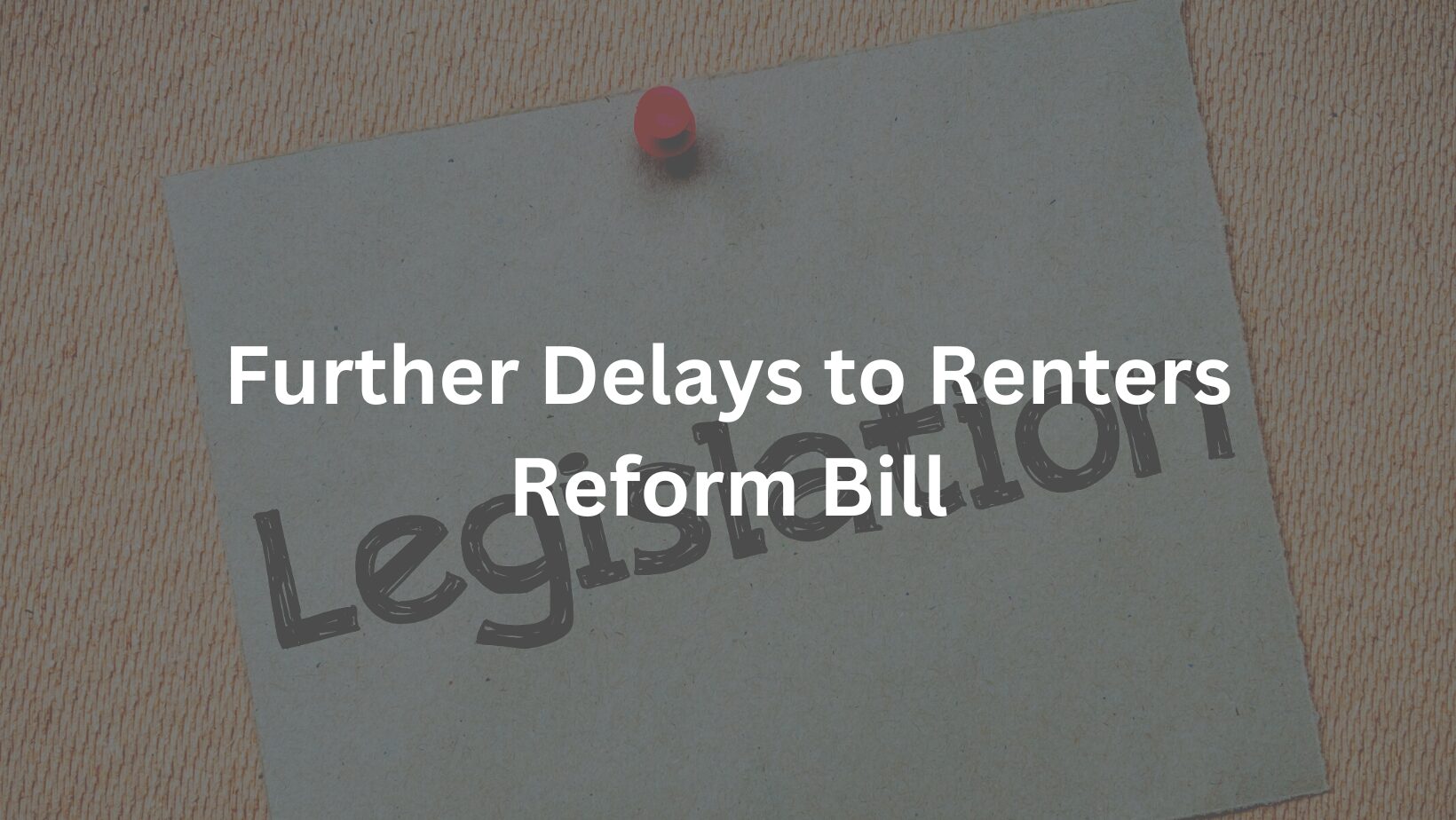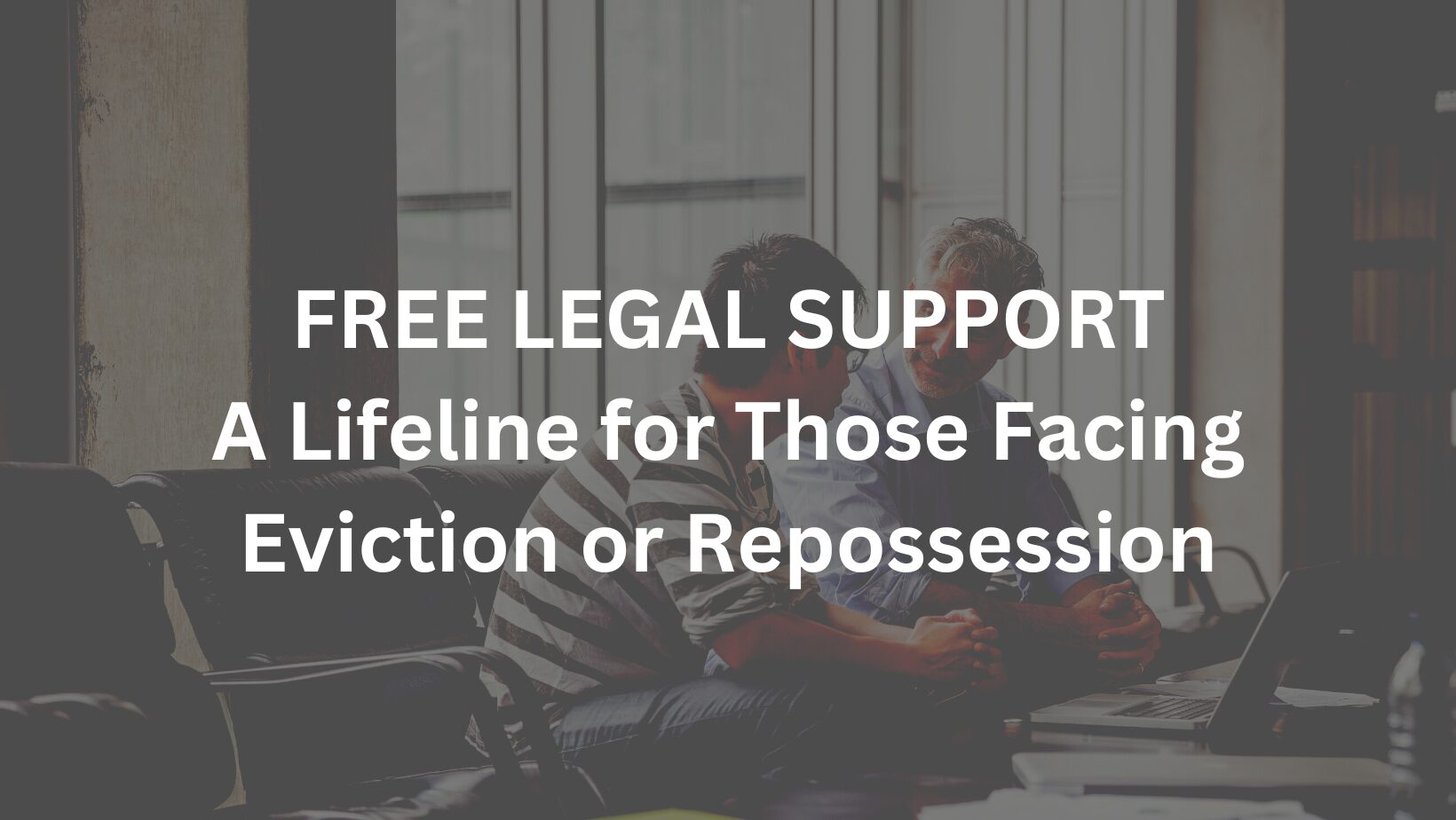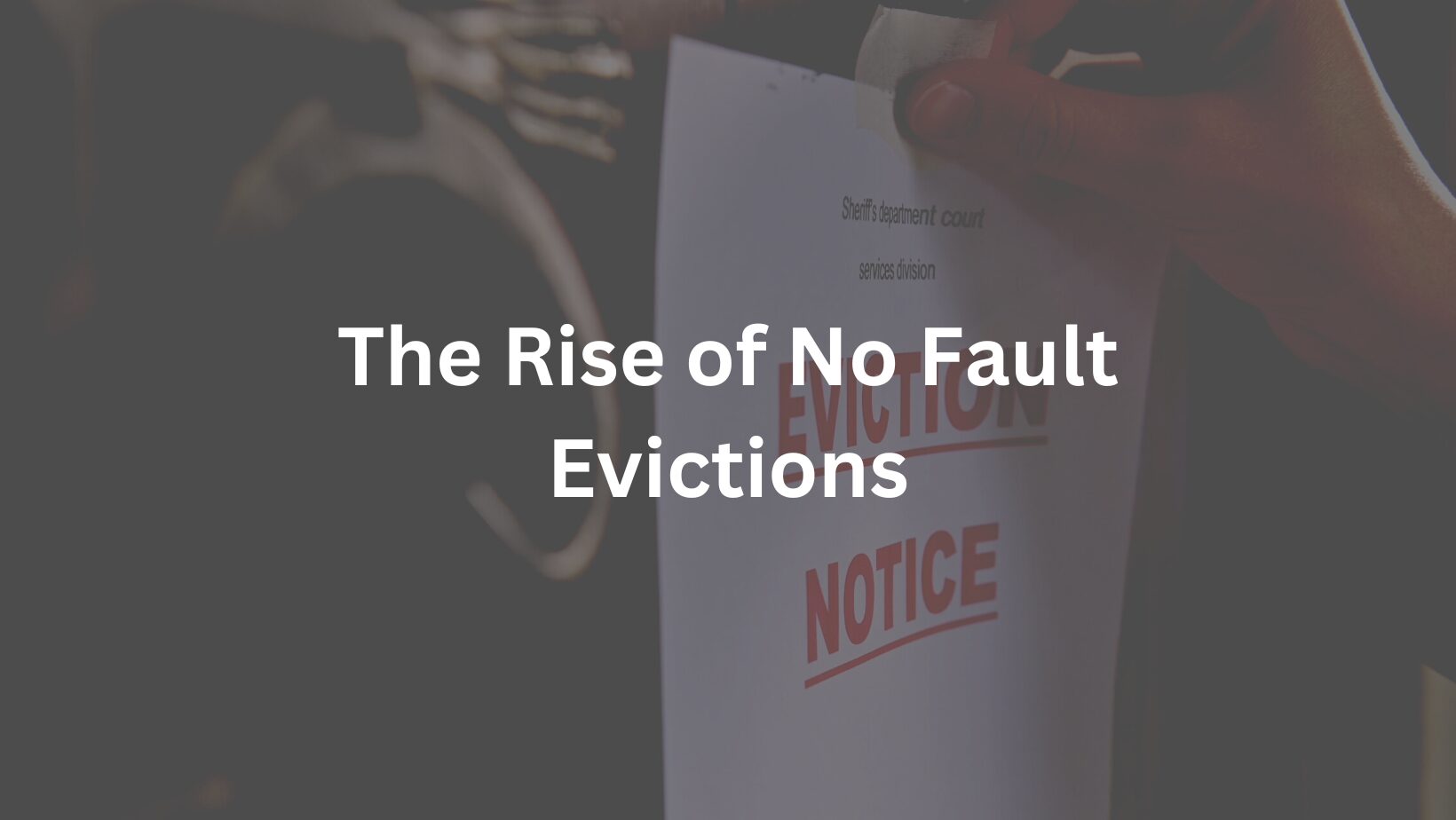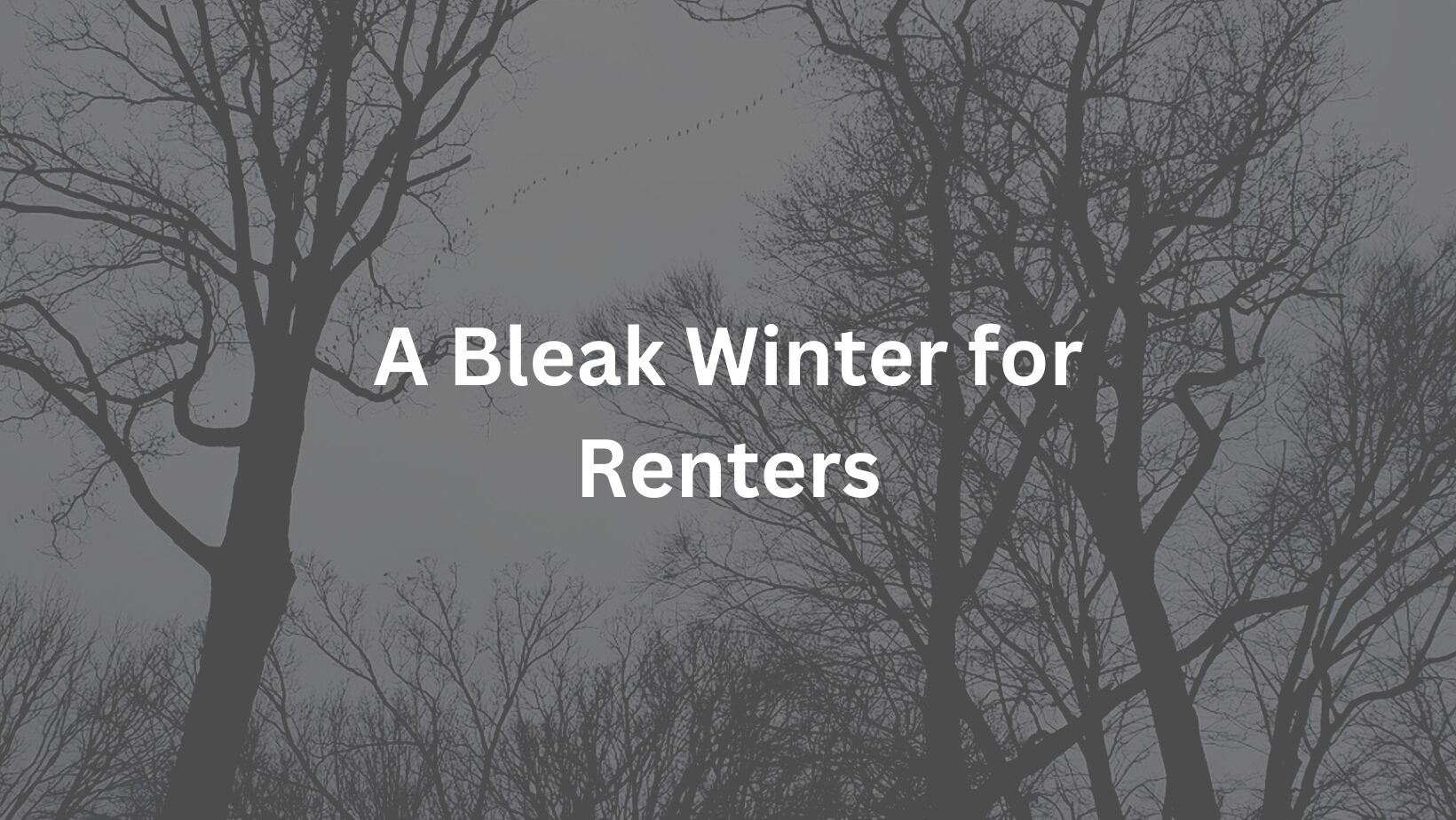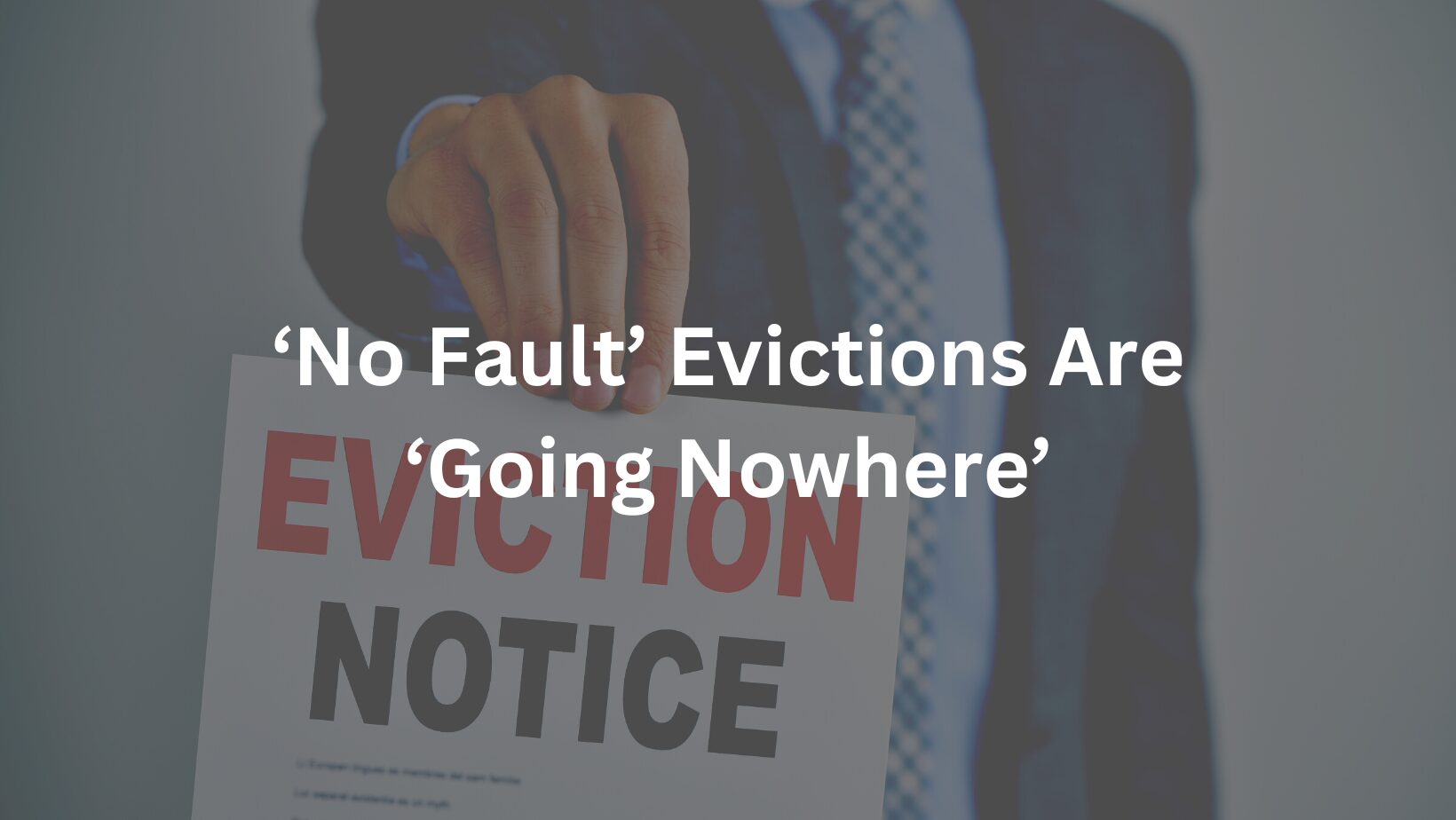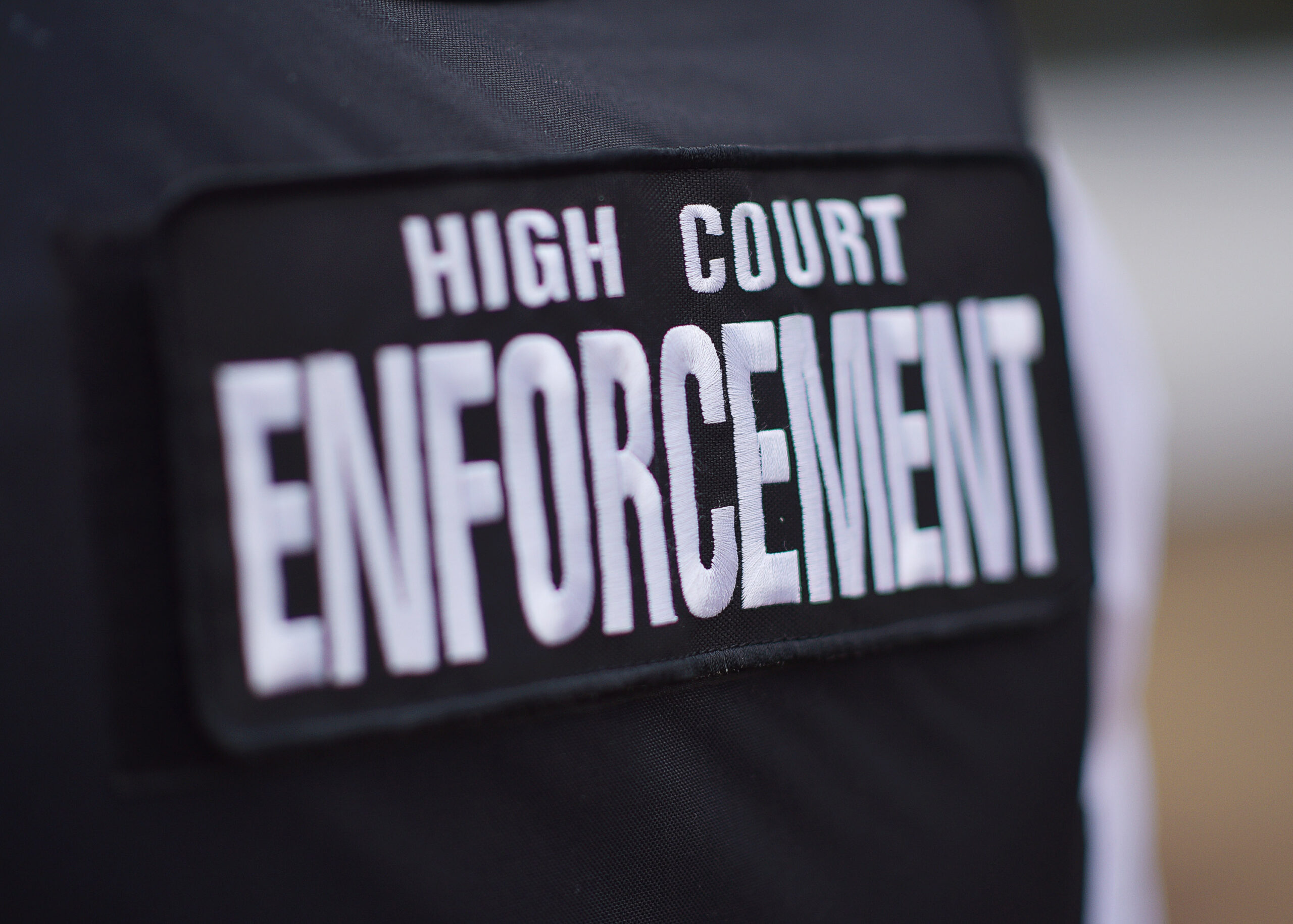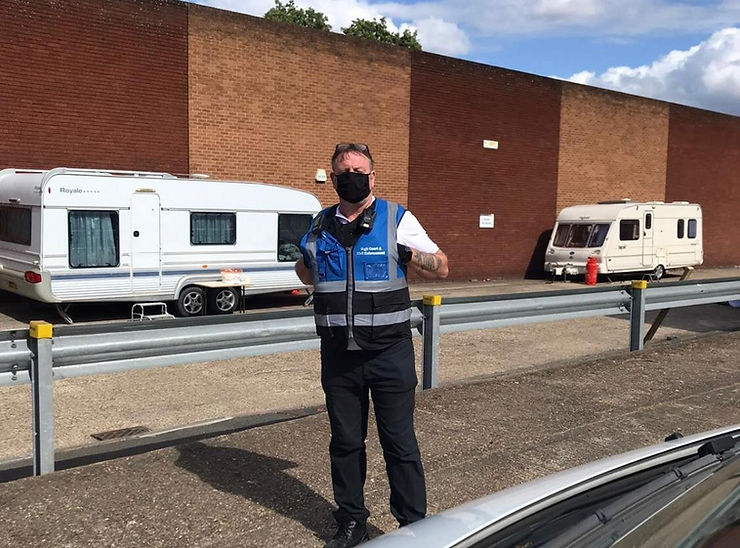
What powers do people have?
Councils, the police and landowners have robust powers to clamp down on illegal and unauthorised encampments quickly. This comes as part of the government’s commitment to protecting the nation’s green spaces. Communities and individuals can face huge problems through illegal occupation of land, but there are now extensive powers which can help address the issue.
Some of the powers available to local authorities are listed here.
· Temporary Stop Notice
A TSO stops any activity that breaches planning control for a period of 28 days, allowing the local planning authority time to decide whether further enforcement action is needed.
· Injunctions to protect land from unauthorised encampments
Local authorities can apply to the courts for a pre-emptive injunction preventing unauthorised camping (and/or protests) in a defined geographical area. This is useful when it is suspected that an area may be vulnerable to such activity.
· Licensing of caravan sites
The Caravan and Control of Development Act 1960 prohibits the use of land as a caravan site unless the occupier holds a site licence issued by the local authority.
· Tent site licence
Section 269 of the Public Health Act 1936 gives the local authority powers to control the use of movable dwellings and to license the use of land as a site for such as a dwelling.
· Possession Orders
See The #TeamCES Two Minute Guide to: Possession Orders
Other powers include local byelaws, local authority powers to direct any unauthorised campers to leave land, powers to remove any encampments which obstruct the Public Highway or which may be in contravention to Planning Laws, Stop Notices, Breach of Condition Notices and Powers of Entry onto Land.
The police have other powers, including the power to direct unauthorised campers to leave land, to direct trespassers to an alternative site and to deal with the offence of squatting in a residential building.
Full Information on ‘Dealing with Illegal and Unauthorised Encampments’ is available at:
